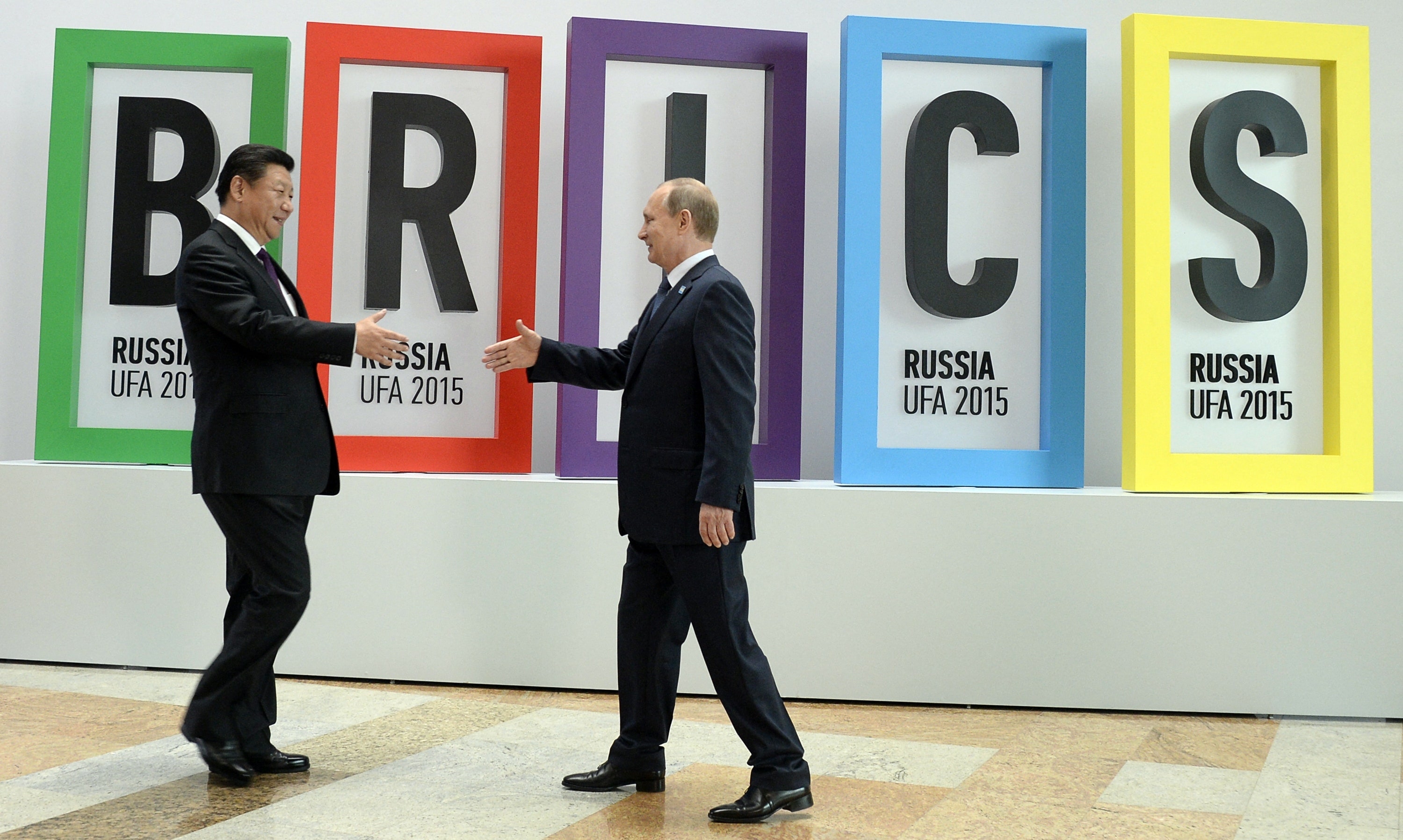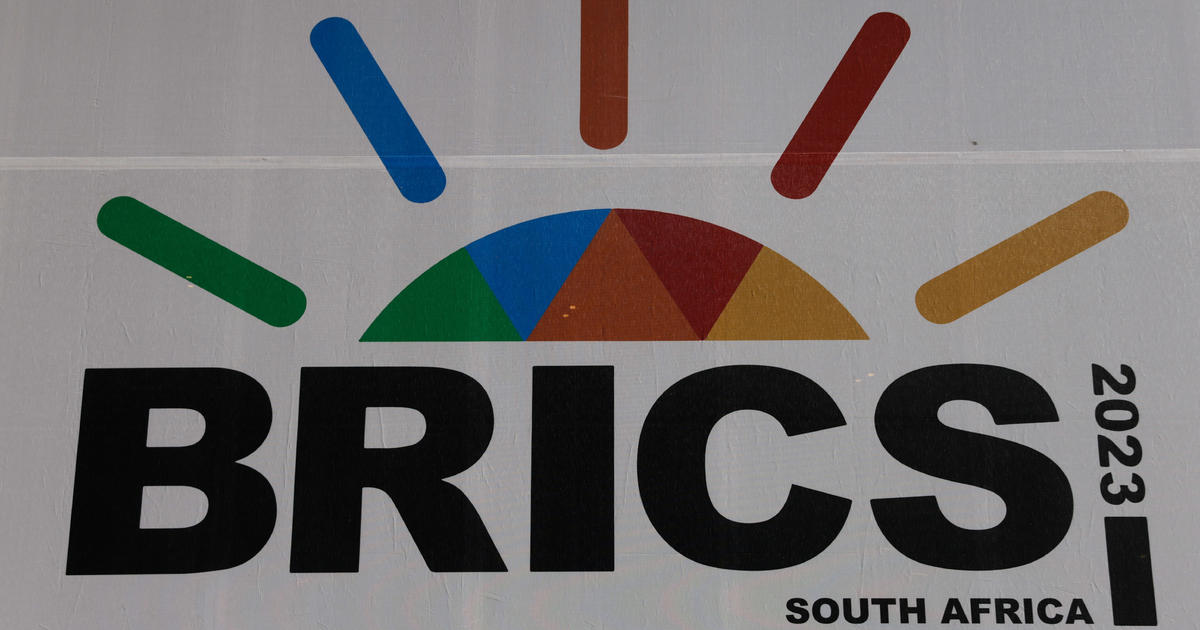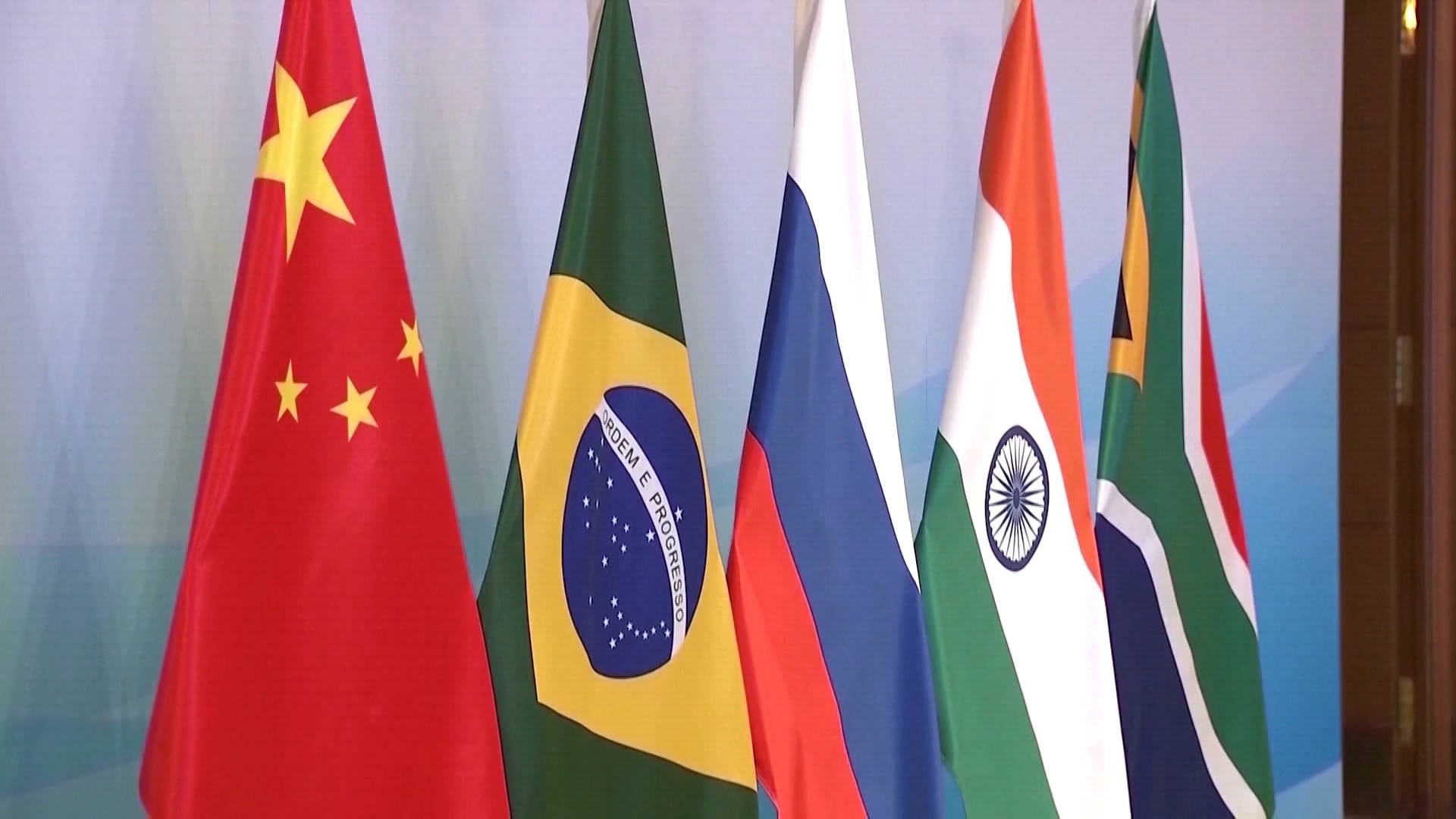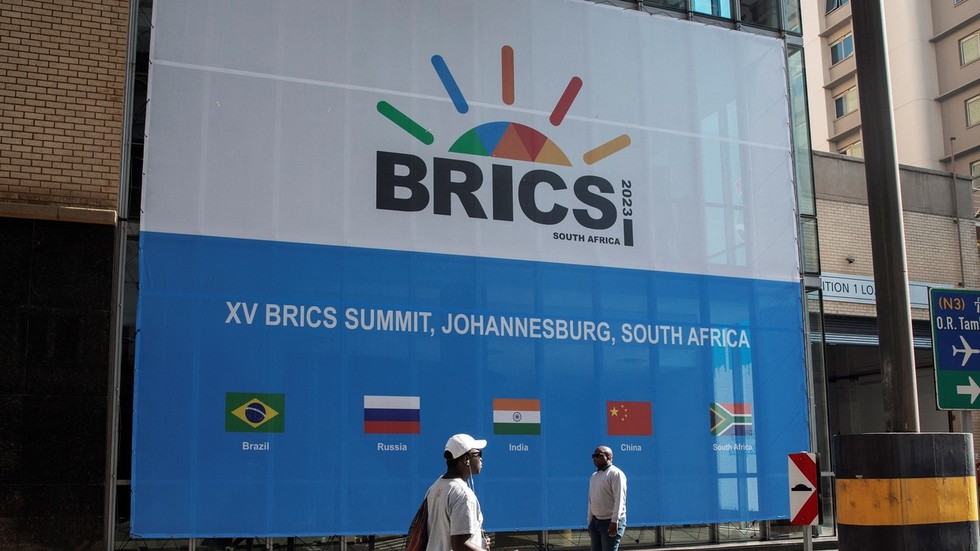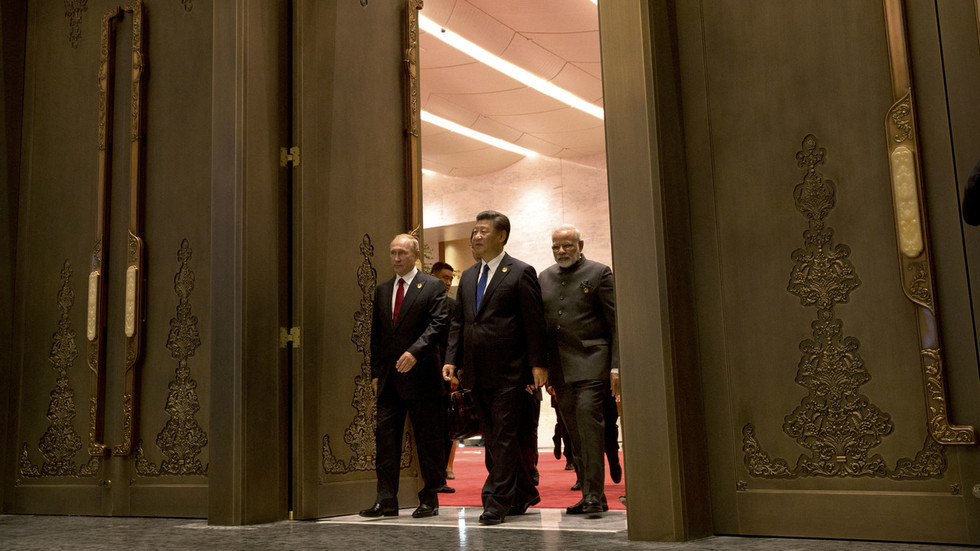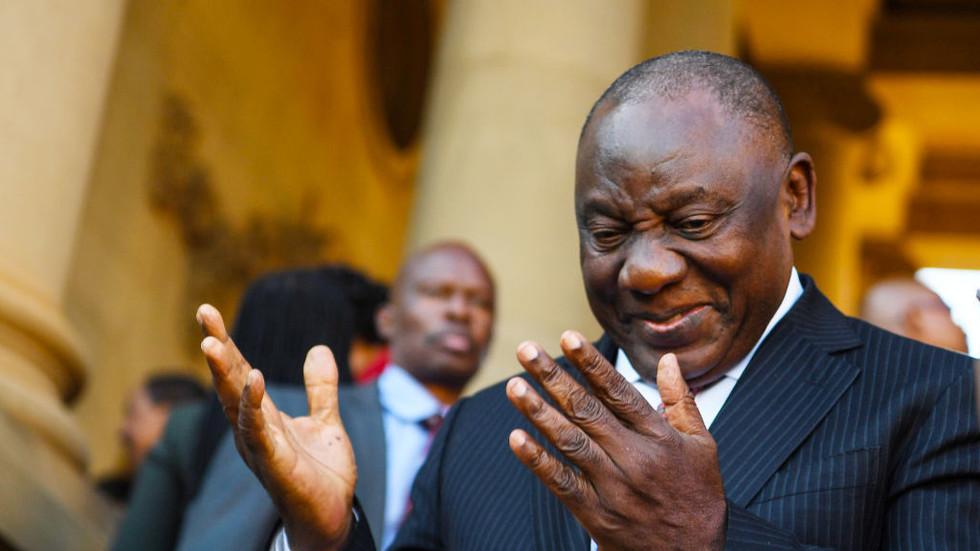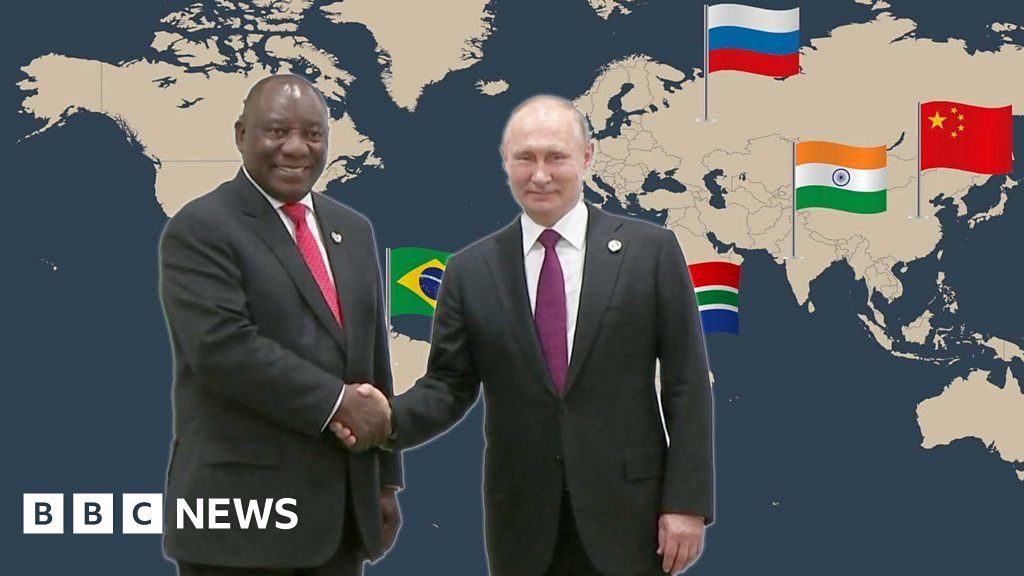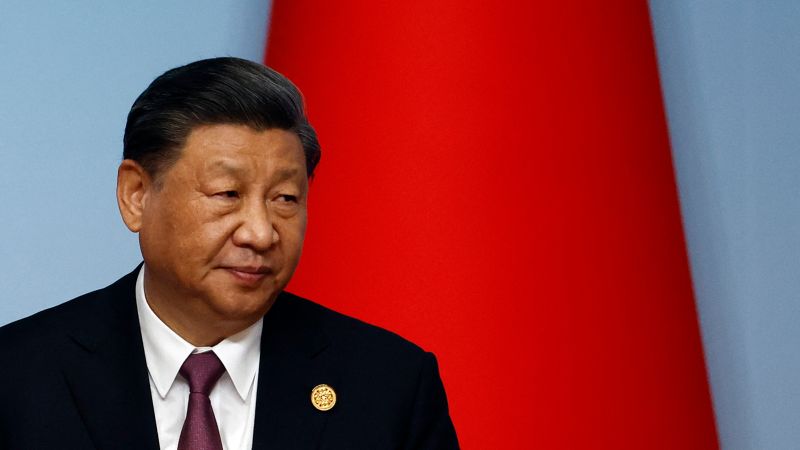South Africa: 5 New Nations Agree to Join BRICS

The Facts
South Africa's Foreign Minister Naledi Pandor has confirmed that Saudi Arabia, the UAE, Ethiopia, Iran, and Egypt have accepted the invitation to join the BRICS group of emerging economies from Jan. 1 that was extended to them along with Argentina at a summit last year.
The bloc accepted the new Argentine government's decision not to join BRICS despite the previous administration's successful membership application, the minister added at a press conference on Wednesday.
The Spin
Pro-establishment narrative
Despite all the hype surrounding BRICS and its alleged growing global influence, the group is unlikely to surpass the G7 as the world's most powerful economic bloc in the years to come. The high-flying vision of reshaping the supposedly unjust, US-led global order will fail due to the group's political, economic, and cultural fragmentation. For example, it's doubtful that the world's largest democracy, India, will accept the growing dominance of autocratic China. Growth alone is no guarantee of success, and BRICS has no solution to its founding defect.
Establishment-critical narrative
The BRICS expansion is further proof that the multipolar world order is taking shape and that the bloc is a driving force behind this trend. An increasing number of Global South countries are rejecting the West's efforts to impose its political and economic will on them. It's precisely from its heterogeneity that the BRICS draws its strength and overcomes the differences and disputes between countries such as India and China. BRICS' growth illustrates the attractiveness of this concept in contrast to the West's unipolar model dominated by the US.



